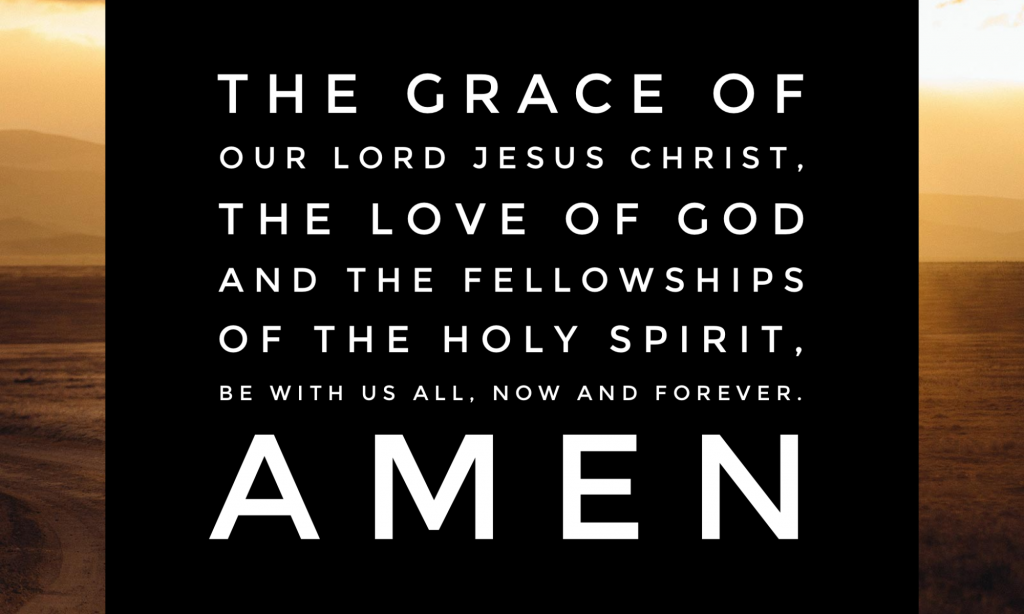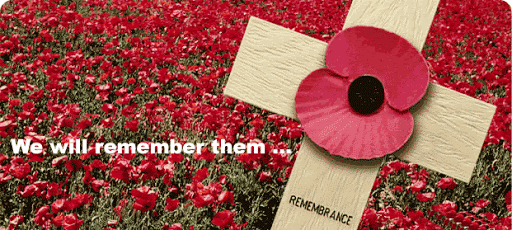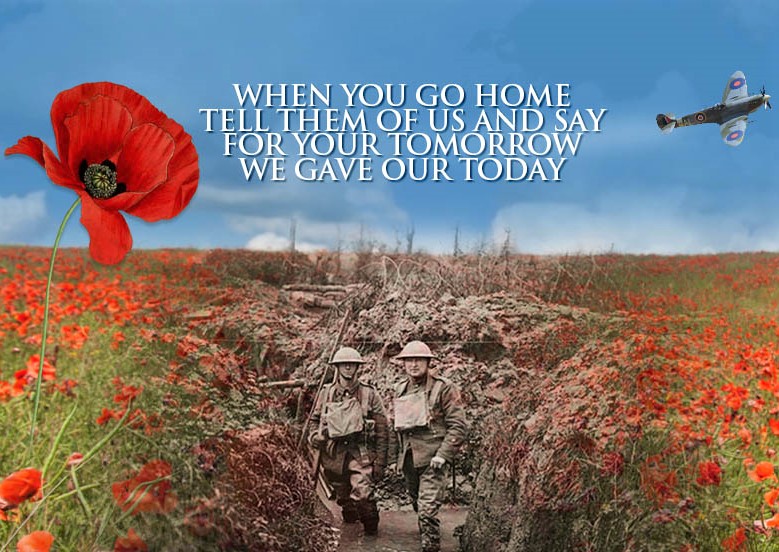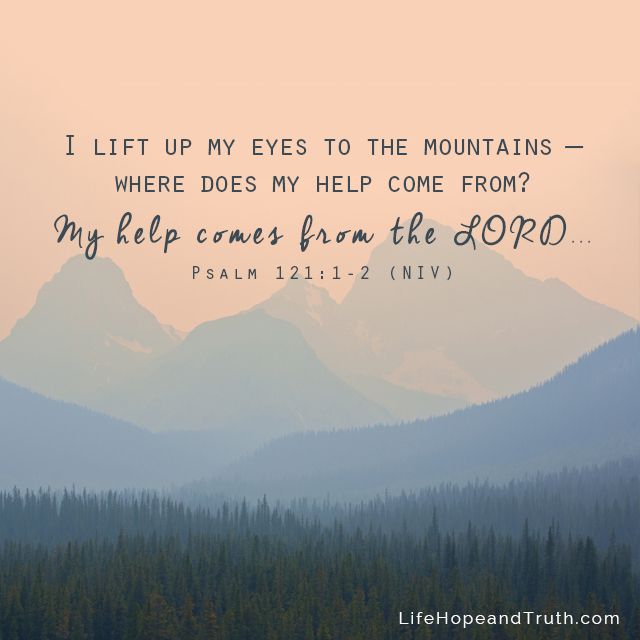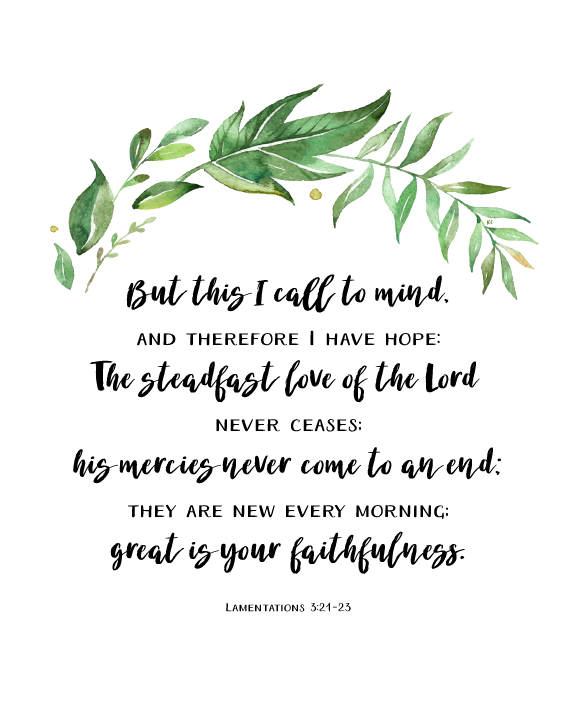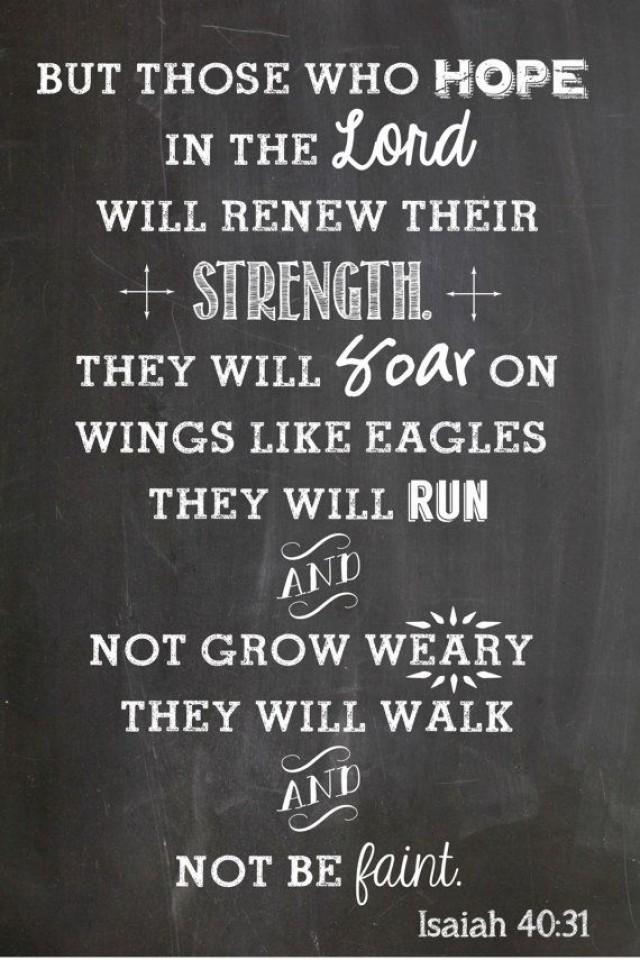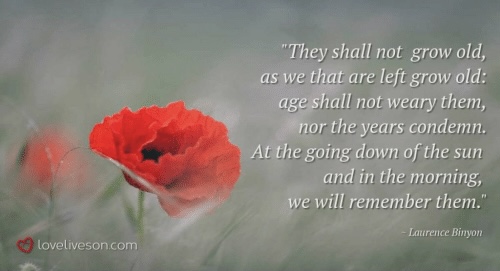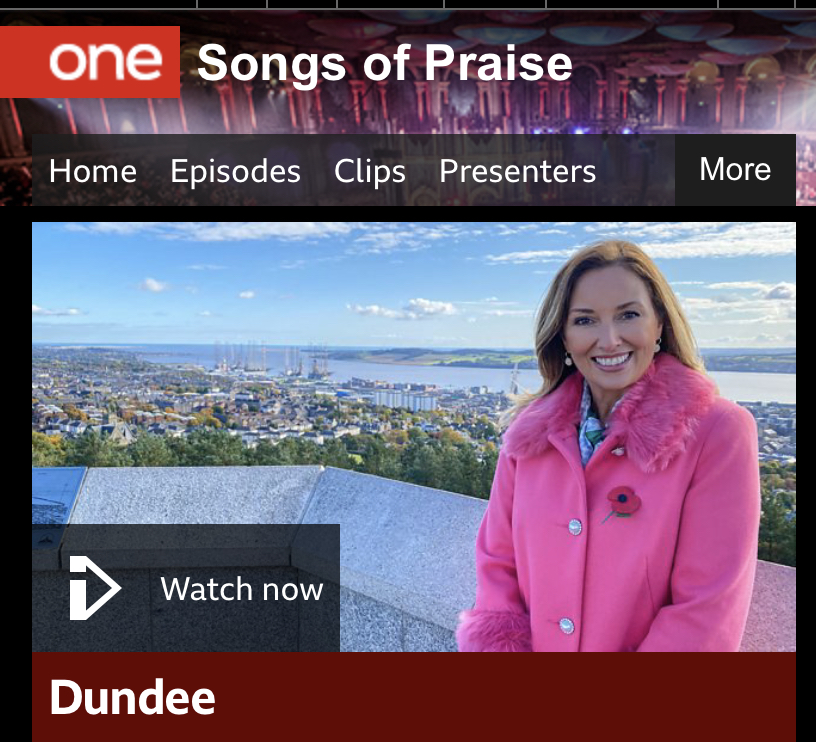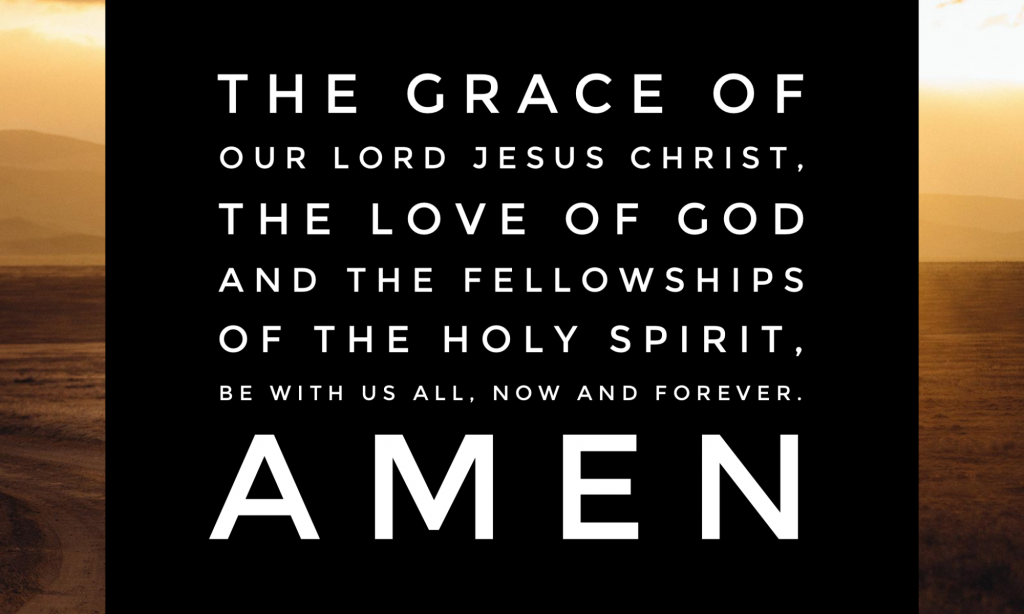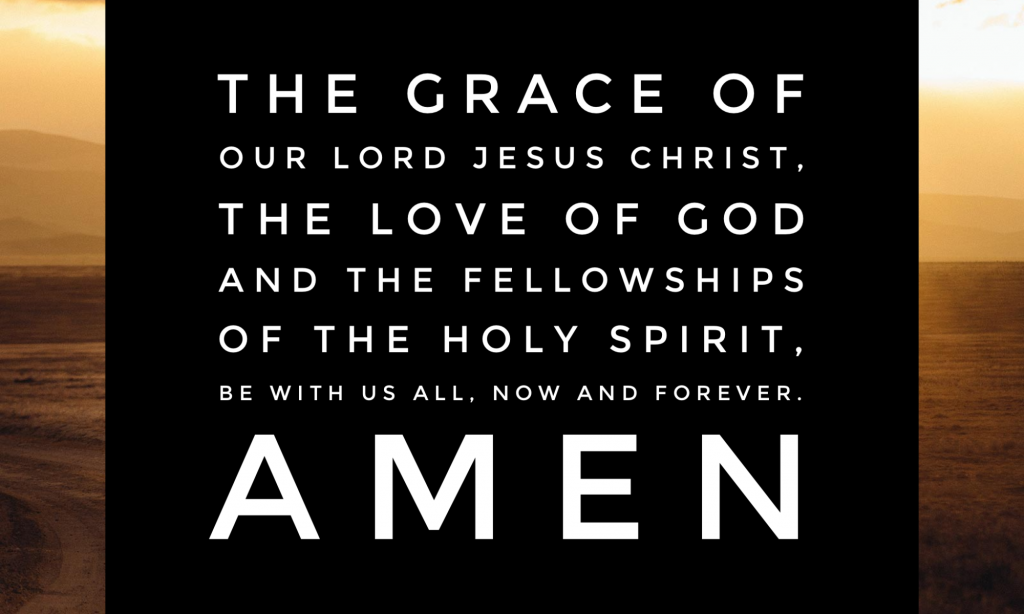Intimations
- Baptist Union of Scotland Prayer Livestream – The monthly prayer livestream takes place on Sunday, 6 December, 7.00–7.30pm. You can access the prayer livestream by going to the Baptist Union of Scotland YouTube channel.
- Dundee Evangelical Christian Alliance (DECA) is holding its annual service on zoom this evening, Sunday 29 November at 6:30pm from St Peter’s Free Church. The service will be led by Jim Turrent, Minister of Central Baptist Church, Dundee. The service can be viewed online here.
Jam Kids
The older JAM Kids might like to check out some Bible stories about people who also experienced ‘lockdown’. The videos along with a link to some questions to think about together, can all be found here.
JAM young adults Ignite Live have a separate programme at 11:30am. Please contact Gary Torbet on garytorbet@btinternet.com for more details.
Call to Worship
Before the World was created, the Word already existed; he was with God, and he was the same as God. From the very beginning the Word was with God. Through him God made all things; not one thing in all creation was made without him. The Word was the source of life, and this life brought light to mankind. The light shines in the darkness, and the darkness has never put it out.
John 1: 1-5
We are grateful to Alison and Isdale for selecting the songs for worship for this service
Baptist Union of Scotland – Video on the theme of Hope
The Baptist Union of Scotland is producing four Advent videos. In total there will be four videos, each around 5 minutes long, on the themes of Hope, Peace, Love and Joy. Each video will contain an introduction, scripture reflection, a story from one of our churches and a spoken carol. This week’s video is on the theme of Hope:
Opening Prayer

Opening prayer
Heavenly Father at the start of Advent we come in the name of the One who said: I am the light of the World. Whoever follows Me will never walk in darkness, but will have the light of life. (John 8:12). We come as men and women, boys and girls, who are seeking to follow in His footsteps in living in a way that reflects God’s call on our lives to honour Him as our Lord and to show His grace and kindness to other people with whom we journey through life week by week.
We are living in a deeply challenging world that at times takes all the emotional, mental and physical energy we possess to keep going in our workplaces; or to battle through the health or family issues some of us are currently experiencing. Yet we come before You today with confidence because we are reminded that The light shines in the darkness, and the darkness has not overcome it. (John 1:5).
Purify us afresh of our sins of the past week and empower us by Your Holy Spirit for the week that is now commencing, as we continue in our worship, in the name of Jesus Christ, Your Son our Saviour, Amen.
Let us say together the words Jesus taught His disciples when He said:
‘Our Father in heaven,
hallowed be Your name.
Your kingdom come,
Your will be done, on earth as it is in heaven.
Give us this day our daily bread,
and forgive us our debts, as we also have forgiven our debtors.
And lead us not into temptation, but deliver us from evil.'”
For Yours is the kingdom, the power and the glory, for ever Amen.
Prayers for Others
Heavenly Father, we thank You once more for the privilege of coming to You with all the concerns on our hearts today.
We come aware that so many people are exhausted physically, emotionally or mentally as a result of all the strains of the virus pandemic in their workplace. We bring each one before You today, whether in the health or social care services, schools or higher education, or a wider range of other forms of employment that have kept us going as a society over the last year.
We pray too for the many people in the retail and hospitality sectors as well as in travel and tourism who have genuine fears about the loss of their employment or the failure of their businesses as a result of the restrictions imposed by governments to curb the spread of the virus. We ask for wisdom for our politicians as they finalise the relaxation of guidelines for the Christmas holiday period that they will get the balance right under great pressure from some who wish to enjoy their traditional festivities at this time of year.
We come with gratitude for the progress in production of possible vaccines, and marvel at the speed with which this progress appears to be being made. We pray, though, with our concerns that corners might be cut and safeguards ignored in the rush to be the producers of the first vaccine approved for use and the financial benefits for the companies concerned. We ask that all necessary health checks are in place to ensure that all may go well when vaccine use amongst the general public begins in the coming weeks.
We pray too for people in other countries more severely affected by the economic disruption, particularly in the two-thirds world, where so many workers live on subsistence wages and have a very difficult task in providing for their families at the best of times. We pray that their governments can become more able to provide the basic necessities of life in these communities. We have particular concerns also for those in war zones in Syria, Yemen and increasingly in Ethiopia where the threat of civil war is very real, together with the many communities ravaged weekly by Islamist militias in North Africa and Christian civilians bear the brunt of these atrocities. Lord have mercy…
We now bring before You the particular things of concern to us personally in the wider world …
We also bring before You other churches including:
We pray for all the other Churches here in Broughty Ferry as each one seeks to plan for a very different kind of Christmas; that You would help us all to proclaim clearly the good news of the Christian gospel at a time when for so many people Christmas will be very different to our usual celebrations.
St Ninians Community Church, Stirling – We give thanks for their varied ways of meeting during this time using Zoom, and for the sense of community they are maintaining. We pray for those who have had recent health issues, and for the ability to maintain a presence in their community during this time.
Stenhouse BC, Edinburgh – We pray for their neighbours who have been affected by job losses and poor mental health. We pray that as a community, Stenhouse is able to rally together to get through these months. We pray that as a church they can shine Jesus’ light.
Stirling BC – We give thanks for all the ways the church fellowship has been able to reach out to the local community through The Haven Centre, where local families can find support, children’s group, debt counselling and more. We pray that through this help, more people in Stirling will come to know Jesus.
Stonehaven BC – We give thanks for the church now meeting in person again (with all the Covid-safe measures in place). We pray that despite facemasks and restrictions there will be a sense of fellowship, community and worship of God.
We also remember in our prayers other people with particular needs that are connected to our own families or congregation:
Lord we thank you for the good news that Garry A has been able to raise all the funds required for his Christian Leadership course at the Teen Challenge Academy in Nottingham which he will start in January. We pray Your guidance and blessing upon Garry as he discerns Your leading and guidance on his life for the future.
We remember at this time Peter and Maureen S and pray for recovery of their health and strength at this time. We pray too for John C and his ongoing health challenges. We also continue to remember Lawrie, Nicola L’s Dad, Betty W, Alva D and Anne M as they seek to make further progress in the recovery of their health and strength, together with the Steer’s niece Rachel and Ann W’s sister Margaret at this time as well. We pray also for other with ongoing health needs that You would grant them the strength that they need at this time.
We continue to pray for those of our number who even without the virus-pandemic restrictions would be unable to meet with us for worship. We pray Your blessing upon them at this time. In particular, we bring before You …
In addition, we bring our own and other needs on our hearts to You today…, in the name of Jesus Christ, our Lord and Saviour, Amen.
Bible Reading
21 At that time if anyone says to you, “Look, here is the Messiah!” or, “Look, there he is!” do not believe it. 22 For false messiahs and false prophets will appear and perform signs and wonders to deceive, if possible, even the elect. 23 So be on your guard; I have told you everything in advance.
24 ‘But in those days, following that distress, ‘“the sun will be darkened, and the moon will not give its light; 25 the stars will fall from the sky and the heavenly bodies will be shaken.” 26 ‘At that time people will see the Son of Man coming in clouds with great power and glory.
27 And he will send his angels and gather his elect from the four winds, from the ends of the earth to the ends of the heavens. 28 ‘Now learn this lesson from the fig-tree: as soon as its twigs get tender and its leaves come out, you know that summer is near. 29 Even so, when you see these things happening, you know that it is near, right at the door.
30 Truly I tell you, this generation will certainly not pass away until all these things have happened. 31 Heaven and earth will pass away, but my words will never pass away.32 ‘But about that day or hour no one knows, not even the angels in heaven, nor the Son, but only the Father. 33 Be on guard! Be alert! You do not know when that time will come. 34 It’s like a man going away: he leaves his house and puts his servants in charge, each with their assigned task, and tells the one at the door to keep watch.
Mark 13: 21-36
35 ‘Therefore keep watch because you do not know when the owner of the house will come back – whether in the evening, or at midnight, or when the cock crows, or at dawn. 36 If he comes suddenly, do not let him find you sleeping. 37 What I say to you, I say to everyone: “Watch!”’
Before we come to listen to God’s Word let us sing:
The Message
Holy Suspense: The ‘now’ and ‘not yet’ of Advent
Introduction
As a football fan of a team that likes to keep its supporters on the edge of their seats, it can be a very stressful experience watching a live game, particularly when promising performances peter out into disappointment. This is a familiar experience for most sports fans though as no team is invincible. For other people the suspense in a film you are viewing in the cinema or on your television at home can be equally gripping. A well-written novel may also have this magic quality keeping you turning the pages to find out what happened next!
Of course some tension can be a good thing. An archer using a bow and arrows would be unable to operate the bow adequately without it. Or a musician with a stringed instrument or a drummer with a traditional drum kit; in these contexts it is essential to have the right tension. Yet there are contexts where we can feel deeply uneasy with tension. For example, human relationships where two people are not getting on very well, but the matter is not resolved or begun to be addressed so the experience of being together in a home or a workplace could become decidedly unpleasant at times.
In the Bible there is definitely a holy suspense at times as individual men and women seek to discern God’s will for their lives in the midst of the complexities of daily life. It is not so much the times when we know what we ought to say or do but don’t want to do it, instead it is those circumstances where we are open to making different possible choices, but cannot get our head around which way to go or option to accept. The message of Advent is definitely part of this suspense.
1. The first and second comings of Jesus
The Jewish people of Jesus’ day had a strong belief that God would send a special person, His anointed king to rule over them. It was a message that would have been delivered with regularity in synagogue services. At a time when the country was occupied by the mighty Roman army, the idea that one day God would transform their situation through the Messiah was most encouraging.
The principle of the Messiah coming was agreed by the vast majority of the people and greatly welcomed, but few took the time to study the Bible for insight into the characteristics of this special person and how they would carry out their work on earth. The Bible references a few people like Simeon and Anna (Luke 2:25-40) who were prayerfully expecting this person in their lifetime. Luke tells us this of Simeon in Luke 2:25-33:
25Now there was a man in Jerusalem called Simeon, who was righteous and devout. He was waiting for the consolation of Israel, and the Holy Spirit was on him. 26 It had been revealed to him by the Holy Spirit that he would not die before he had seen the Lord’s Messiah. 27 Moved by the Spirit, he went into the temple courts. When the parents brought in the child Jesus to do for him what the custom of the Law required, 28 Simeon took him in his arms and praised God, saying: 29 ‘Sovereign Lord, as You have promised, You may now dismiss Your servant in peace. 30 For my eyes have seen Your salvation, 31 which You have prepared in the sight of all nations: 32 a light for revelation to the Gentiles, and the glory of Your people Israel.’ 33 The child’s father and mother marvelled at what was said about Him.
What a remarkable man whom God chose to tell ahead of time that he would not die before this special child was born. Simeon spent some of his time in his senior years praying for this event to happen. Jesus’ first coming happened on time although God didn’t give enough information for anyone to work out a date for this event. This small group of people faithfully trusted that God would keep His Word and He did! The Bible teaches that Jesus is coming back. Does your heart respond –‘Come Lord Jesus!’ Do you pray believing that God will do what He has promised? I hope and pray each one of us will do that.
Simeon and Anna are two individuals of whom we know very little, but in these difficult times maintained their trust in God and their faithfulness in daily devotions and in living for God. They did not allow the difficult circumstances around them to detract from their dedication as believers. In an increasingly secular world there are places where Christians and others find it difficult to stand in public for their convictions. What many people have forgotten is that freedom of speech and religious liberty are two sides of the same coin.
If I want the opportunity to share my convictions then I have to allow other people with different views to share theirs as well; obviously this covers a wider range of opinions than over matters of faith. When influential voices in a society call for denying others the right to speak their views then it is a dangerous way to go. Just as Simeon and Anna did in their day so we should continue to serve God in ours with grace and with wisdom.
Times of change in a country like the present time are very difficult to negotiate. There is so much uncertainty as to how things will play out. The covid-19 virus pandemic has impacted every country across the globe, and this has a serious economic impact that no-one had anticipated a year ago. In Western Europe we had faced uncertainties over how the Brexit changes would impact relationships between the United Kingdom and the European Union; other countries in the world have faced increasingly severe extremes of weather patterns largely attributed to climate changes. However, whatever our particular challenges God has not changed and we can trust Him with our futures.
The season of Advent that begins today allows us to reflect on the bigger picture of God’s work in His world over a much longer timescale than our own lifetimes. Advent means ‘coming’, in particular in this context it is a reference to Jesus’ first coming as a baby two thousand years ago. The birth, life, death and resurrection of Jesus brought in a new chapter of the Kingdom of God on earth.
This was the beginning of the kingly rule and reign of God which had been long promised by the prophets. It might have looked very different to what people had expected, but it made a transforming difference in the lives of everyone who responded to it. Did everything begin to happen then that was prophesied of the special king or Messiah. The answer to that is clearly ‘no’. In His first coming Jesus came to show us how to live God’s way and in particular to die on the cross in our place so as to open up the way for us to enter into God’s family through His amazing grace and love to us. At the same time, the fullness of Jesus’ kingdom won’t be complete until He comes again.
As well as the first coming of Jesus as a human baby, there is also a second Advent, a ‘second coming’ of Jesus. This is a clear expectation which the New Testament church had: that Jesus would come again. Shortly before the Last Supper and His crucifixion Jesus gave an extended message to His first disciples about His second coming, recorded, for example, in Mark 13, Matthew 24 or Luke 21. The start of the Christian Church two thousand years ago could be described as ‘the beginning of the end’ or the launch of the countdown towards the start of God’s eternal kingdom over which Jesus will reign. We, unlike those first disciples, live much closer to the second coming of Jesus. What did Jesus want to highlight to His followers and to us in preparation for His return?
2. Signs of the Times (Mark 13:21-36)
What did Jesus say in this summary overview of the times before His second coming? What should we expect to look out for?
(a)Religious confusion (Mark 13:21-23) 21 At that time if anyone says to you, “Look, here is the Messiah!” or, “Look, there he is!” do not believe it. 22 For false messiahs and false prophets will appear and perform signs and wonders to deceive, if possible, even the elect. 23 So be on your guard; I have told you everything in advance.
All kind of voices will appear claiming that Jesus is directing them to hold certain views or conduct ministries that seem so contrary to the Bible. A very small proportion of individuals make messianic claims. The majority want still to be recognised as Christian or even Evangelical Christian while denying biblical truth or promoting lifestyle choices that go against the Bible. There is very little that is new in the world in terms of beliefs or lifestyles compared to previous centuries. The way in which these heretical views are presented or the vocabulary used to describe it may change, but there is nothing new under the sun. The gospel, God’s good news, does not change, because God does not change. The application of it will vary in different cultural contexts, but the message is unchanged.
(b) Severe environmental change (Mark 13:24-25) 24 ‘But in those days, following that distress, ‘“the sun will be darkened, and the moon will not give its light; 25 the stars will fall from the sky, and the heavenly bodies will be shaken.”
In the centuries towards the end of the Old Testament era up to the first century AD Jewish religious leaders used very dramatic language to picture the end times, in the Bible the book of Revelation is a good example. It is clear that not all the word pictures they use were intended to be taken literally, but the message about the future convey a clear sense of the times to come. The events Jesus is pointing to here certainly describe severe disruption of the natural world in which we live that will be particularly bad immediately prior to His return.
We speak about climate change and some speakers and writers certainly use quite extreme apocalyptic language about us being near the point of no return or complete disaster if there are not drastic changes in the way humanity lives. God alone knows the details of the future, but it suggests life on this planet will be considerably tougher for many people in the years leading to Jesus return.
(c) Yet a time of hope (Mark 13:25-26) 26 ‘At that time people will see the Son of Man coming in clouds with great power and glory. 27 And He will send His angels and gather His elect from the four winds, from the ends of the earth to the ends of the heavens. Jesus is coming soon. There are so many other passages that point to His return. For example, Hebrews 9:27-28: Just as people are destined to die once, and after that to face judgment, 28 so Christ was sacrificed once to take away the sins of many; and He will appear a second time, not to bear sin, but to bring salvation to those who are waiting for Him.
The question to answer is this: Are you ready if it happened today? Or if it happened in the next few weeks months or years? Have you put your faith and trust in Him? Or are you currently away from God and need to get back on track with Him? There is no second chance of salvation. The time is now which we must seize while the gift of salvation from God is available to us.
(d) The promise (Mark 13:27-32)28 ‘Now learn this lesson from the fig-tree: as soon as its twigs get tender and its leaves come out, you know that summer is near. 29 Even so, when you see these things happening, you know that it is near, right at the door. 30 Truly I tell you, this generation will certainly not pass away until all these things have happened. 31 Heaven and earth will pass away, but my words will never pass away. 32 ‘But about that day or hour no one knows, not even the angels in heaven, nor the Son, but only the Father.
How many times does the second coming of Jesus get mentioned in the New Testament? I havn’t counted, but it has been suggested that it is at least 300 times (John Blanchard, Read Mark Learn, p.43). On the day when Jesus ascended back to heaven, the angel who spoke to those first disciples could not have been clearer. ‘Men of Galilee,’ they said, ‘why do you stand here looking into the sky? This same Jesus, who has been taken from you into heaven, will come back in the same way you have seen Him go into heaven.’ (Acts 1:11) God has not told us when only to be ready at any time! Are you ready?
(e) The task (Mark 13:33-36 33 Be on guard! Be alert! You do not know when that time will come. 34 It’s like a man going away: he leaves his house and puts his servants in charge, each with their assigned task, and tells the one at the door to keep watch.35 ‘Therefore keep watch because you do not know when the owner of the house will come back – whether in the evening, or at midnight, or when the cock crows, or at dawn. 36 If he comes suddenly, do not let him find you sleeping. 37 What I say to you, I say to everyone: “Watch!”’ This belief in the return of Jesus shapes the whole of the New Testament understanding of what it means to be a Christian, and how we are to live in the world as we anticipate it. The aged apostle John in I John 2:28 wrote: And now, dear children, continue in Him, so that when He appears we may be confident and unashamed before Him at His coming.
3. Knowing what time it is
The New Testament has two words for time. ‘Chronos’ refers to the time you example on your watch or phone or other device, chronological time. We are most familiar with that reference. However, there is also another word ‘Kairos’ used of the right time for something. We all know there are contexts where we can speak about something, but sometimes we have to wait for the right time, to pick our moment. It has a sense of priorities of what really matters in life. Do I, do you, prioritise the things that are most important? In the New Testament we see this emphasis in the preaching and writing of the leaders of the Early Church. For example, Paul in his letter to the church in Rome:
And do this, understanding the present time: the hour has already come for you to wake up from your slumber, because our salvation is nearer now than when we first believed. 12 The night is nearly over; the day is almost here. So let us put aside the deeds of darkness and put on the armour of light (Romans 13:11-12).
Imagine that you wake up early the day of a great party – it could be your birthday, a wedding, or Christmas day. The night before is almost over, the sun is just beginning to come up. You’re full of excitement – and yet the party itself has not yet started. In this situation, you begin to live with both the anticipation of the day being almost here and frustration that it has not yet fully begun. You would begin to put on your party clothes and do all you could to make final preparations. But you would hold that in tension with knowing that the party in all its fullness was still a few hours away.
This is the ‘time’ we live in as Christians. The night is almost gone and the day of Jesus’ kingdom has started to dawn. And yet, that kingdom ‘day’ has not yet arrived in all its fullness. We live with the suspense that the full party has not yet started. Paul tells us to be aware that we are living in this ‘time’, this in-between daybreak stage. This is a huge tension in the Christian life, sometimes called the ‘now and not yet’ of the Kingdom:
‘Now’ Jesus is King, and at the same time his Kingdom is ‘not yet’ here in its fullness.
‘Now’ Satan is defeated, and at the same time we are waiting for all evil to be finally overcome and so our lives are ‘not yet’ free from temptation.
‘Now’ Jesus has healed the sick and has given us authority to do the same in his name, and at the same time we live in an era where sick people are ‘not yet’ healed.
‘Now’ Jesus is resurrected from the dead and we are seated with him in the heavenly places, and at the same time we live in the ‘not yet’ where all creation groans to be healed and resurrected.
This ‘now’ and ‘not yet’ calls us to a radical form of living. It asks us to be both hope-filled and also realistic. Life is not all roses and sunshine this side of Jesus’ second coming. We all struggle with pain, temptation, disappointment and loss. The earth continues to groan, the oppressed continue to cry ‘How long?’ And yet in the middle of these challenging realities we have seen the sun beginning to rise and we are called to live in its light.
4. How do we live at this time?
If the New Testament mentions so many times that we need to be ready for the second coming of Jesus, how are we advised to conduct our lives? There are two things to remember.
(a)Be clear what we expect to happen in the future (I Thessalonians 4:13-18) 13 Brothers and sisters, we do not want you to be uninformed about those who sleep in death, so that you do not grieve like the rest of mankind, who have no hope. 14 For we believe that Jesus died and rose again, and so we believe that God will bring with Jesus those who have fallen asleep in Him. 15 According to the Lord’s word, we tell you that we who are still alive, who are left until the coming of the Lord, will certainly not precede those who have fallen asleep.
16 For the Lord Himself will come down from heaven, with a loud command, with the voice of the archangel and with the trumpet call of God, and the dead in Christ will rise first. 17 After that, we who are still alive and are left will be caught up together with them in the clouds to meet the Lord in the air. And so we will be with the Lord for ever. 18 Therefore encourage one another with these words.
Our focus today is on the broader picture regard the first and second coming of Jesus. Paul provided this summary of ‘what will happen’ to reassure these new believers that what they needed to know was not a detailed timetable of the end times, rather a reassurance that God had already planned out and taken care of the future.
(b) Be clear about how we ought to live now In the light of the assurance of the future Paul urged the various churches he had planted to use their time wisely and effectively and not to waste it with frivolous activities or in appropriate lifestyle choices. In Romans 13:12-14 he wrote:
The night is nearly over; the day is almost here. So let us put aside the deeds of darkness and put on the armour of light. 13 Let us behave decently, as in the daytime, not in carousing and drunkenness, not in sexual immorality and debauchery, not in dissension and jealousy. 14 Rather, clothe yourselves with the Lord Jesus Christ, and do not think about how to gratify the desires of the flesh.
When we know a party is coming, we need to put on our party clothes and prepare all we can for the coming celebration. Similarly, when we know Jesus is coming we need to put on our ‘Jesus clothes’, for example the armour of God (Ephesians 6:10-20) and attitudes like compassion, kindness, humility, gentleness and patience (Col 3:12b).
It is a calling to keep our focus to live in a God-honouring way. His words were similar to the those uttered by Jesus around two decades earlier. He reminded the first disciples that their task was not to try and fix dates for His possible return, instead to avoid distractions and keep a clear focus on pleasing God through the way we choose to live. In Luke’s account of Jesus’ message on the end times he included these words in Luke 21:34-36:
34 ‘Be careful, or your hearts will be weighed down with carousing, drunkenness and the anxieties of life, and that day will close on you suddenly like a trap. 35 For it will come on all those who live on the face of the whole earth. 36 Be always on the watch, and pray that you may be able to escape all that is about to happen, and that you may be able to stand before the Son of Man.’
In other words live now in a way that you will be comfortable accounting for when we meet with Jesus when our lives here have been completed. In effect, we are being asked to live in holy suspense knowing how to live now following the example of Jesus in His first coming, but equally wanting to honour Him and be found faithful in His service should He come back tomorrow. Are you prepared for eternity? If not please put your faith in Jesus today as Lord and Saviour. As a Christian, are you living in the light of His imminent return? I trust each of us could echo the words of Revelation 22:20 at the end of the Bible: He who testifies to these things says, ‘Yes, I am coming soon.’ [and can give this response] Amen. Come, Lord Jesus.
Our song before we come to communion is:
The Lord’s Supper
Jesus invites all Christian who have committed their lives to follow Him to participate in this act of worship. The apostle Paul wrote these words of Scripture in I Corinthians 11:23-26 to guide our observance of Communion.
For I received from the Lord what I also passed on to you: the Lord Jesus, on the night He was betrayed, took bread, 24 and when He had given thanks, He broke it and said, ‘This is My body, which is for you; do this in remembrance of Me.’ 25 In the same way, after supper He took the cup, saying, ‘This cup is the new covenant in My blood; do this, whenever you drink it, in remembrance of Me.’ 26 For whenever you eat this bread and drink this cup, you proclaim the Lord’s death until He comes.
Prayer: Choose your own words of prayer to give thanks for the bread and wine that represent the costly gift of His body and blood for us.
Take the bread: Jesus said: ‘This is My body, which is for you; do this in remembrance of Me.
Take the wine: Jesus said: This cup is the new covenant in My blood; do this, whenever you drink it, in remembrance of Me.’
Our last song is:
Closing Prayer
Lord Jesus recalling Your first coming fills us with joy as we love to celebrate at Christmas the extraordinary events of two thousand years ago. Yet today we also want to thank You that our Father in heaven has also taken care of our future and planned Your return as the King of Kings and Lord of Lords. Help us to be bold witnesses for You in the coming days, assured that despite all the challenges we face in daily life that Your Holy Spirit will strengthen and encourage us through them in our remaining time on earth until You return or until Your call us home, in Jesus’ name we pray, Amen.
